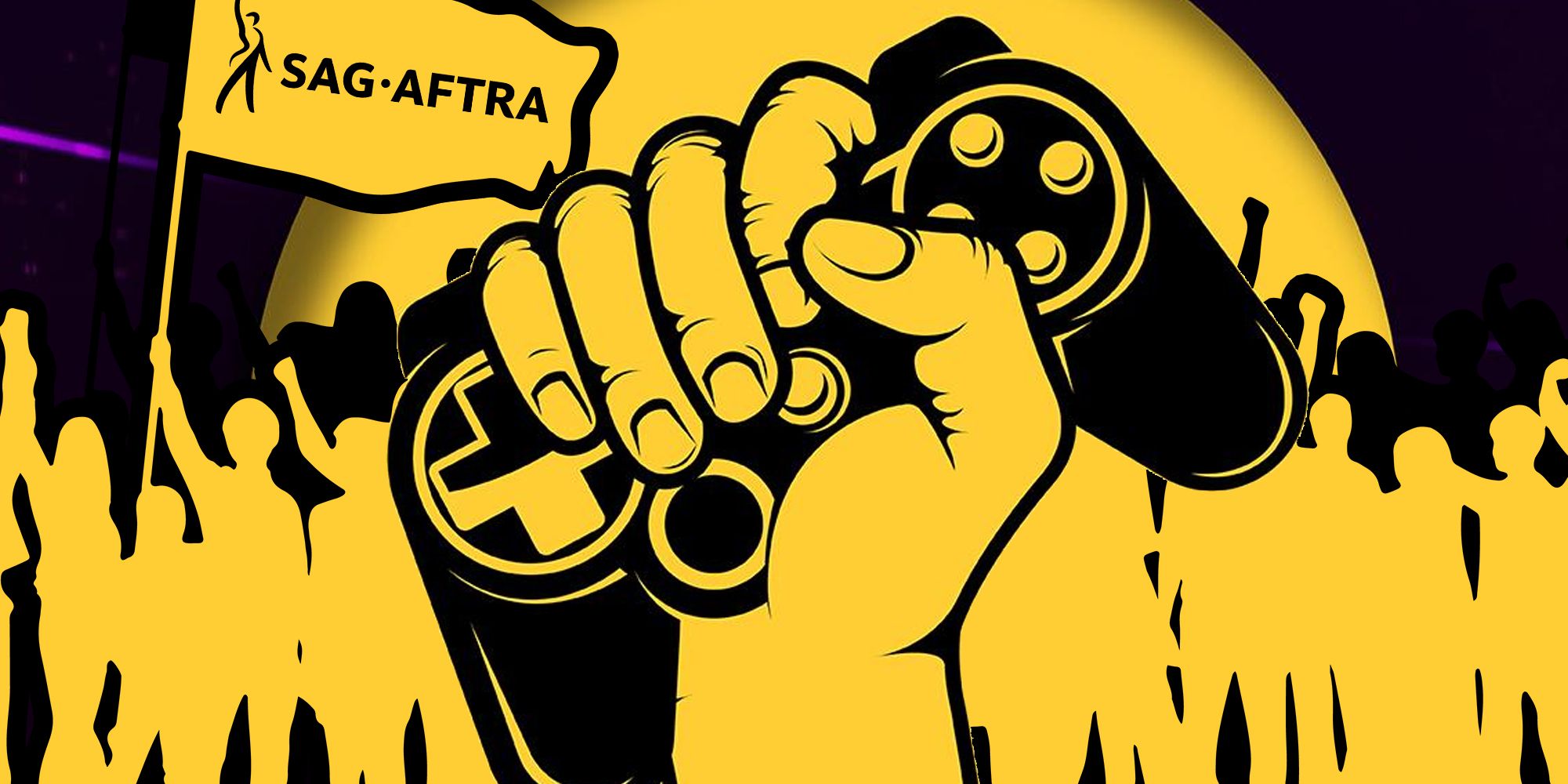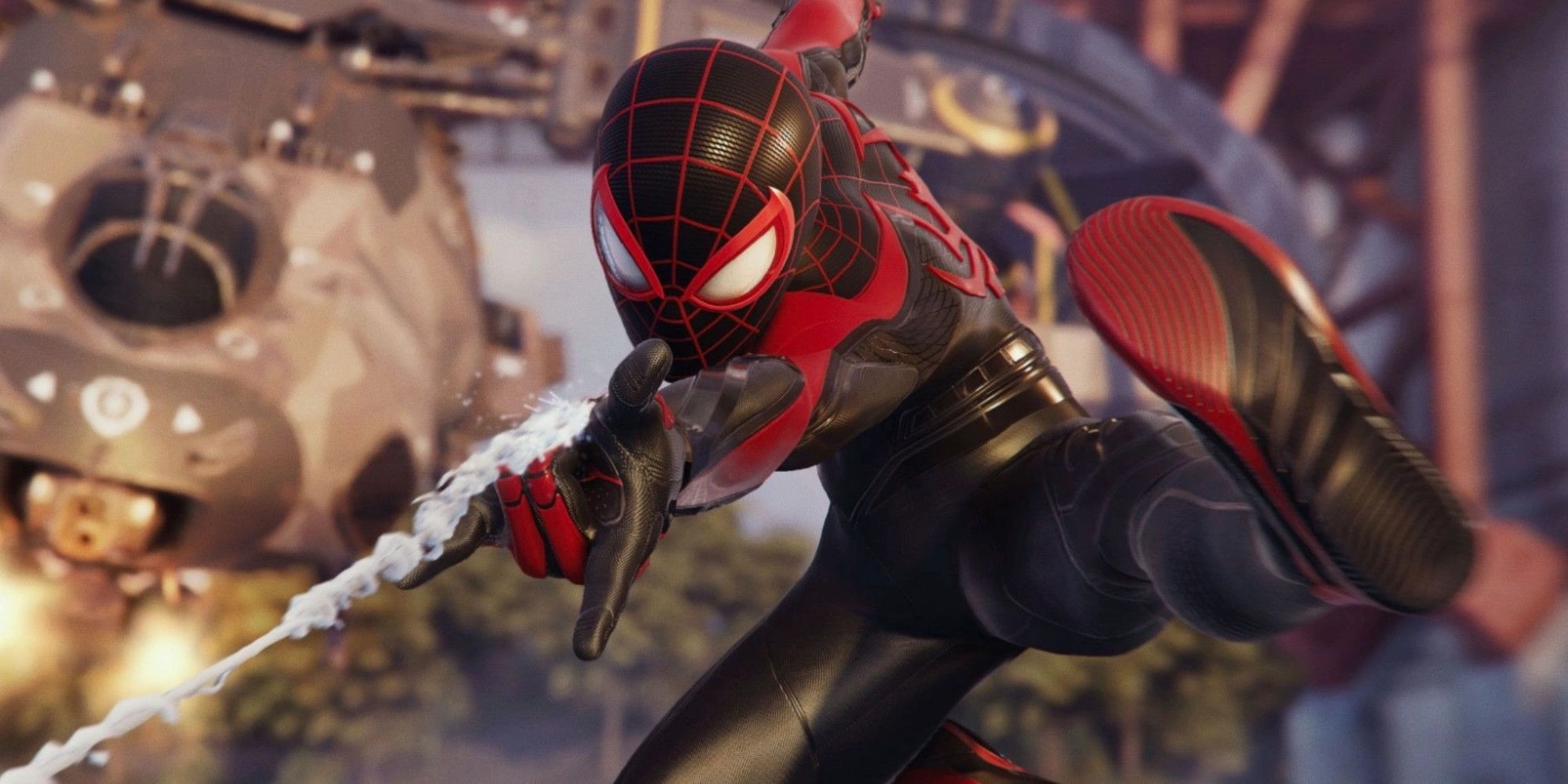As the entertainment strikes take another twist, it’s easy to get lost along the way. For the past few months, there have been two main strikes going on. In the first instance, writers went on strike against major studios and streaming platforms, looking primarily to limit the involvement of AI in scriptwriting, for fairer residuals, and to get stronger contracts that mean writers are hired for shows (as they always have been) rather than for individual days (which stops them earning a living wage). This strike started in the spring and has just drawn to a close.
We don’t know the terms of the deal yet, but the Writer’s Guild of America is satisfied that their terms have been met, so they’re going back to work. However, the actors joined this strike a couple of months after the writers, and they remain on strike. They are also battling for fairer residuals and to limit the involvement of AI – one of the most insidious terms studios put forward was that they could record an actor on their first day of filming, and would then own the actor’s likeness forever to use in shots however they pleased, without paying said actor. The Screen Actor’s Guild remains on strike, but independent movies, UK studios, and production companies like A24 have never wanted the terms studios like Disney or Netflix put forward, so actors continued to work with them.
However, as the writers end their strike, another one may be starting. In a landslide vote (98 percent approval), the video game arm of SAG voted to strike too. The ten companies affected by this strike, should it go ahead, will be Activision, Blindlight, Disney Character Voices Inc., EA, Formosa Interactive, Insomniac, Epic Games, Take-Two, Warner Bros., and VoiceWorks. As for what that means in practice, all of those companies will be unable to hire any union actor for the duration of the strike. What’s more, any non-union actor will be highly discouraged from breaking the strike – scabbing – in order to take the gig.
Some of these companies, like EA or Insomniac, are internal – this means they make games themselves and specifically hire actors to work on these games. Others, like Formosa, are external – this means they work on other studios’ games. Formosa’s list of projects includes God of War, The Last of Us, Breath of the Wild, Call of Duty, Dragon Age, Uncharted, Halo, Ghost of Tsushima, and Ori, among many others. Formosa works on sound and art, and its sound work includes foley and sound design, so it doesn’t mean it was involved in the voice over contracts for all of these games, but between these ten companies, you’ve got most of the major releases covered.
The strike is targeting the acting side of things, which means that both voice acting in the booth and performance capture would be unable to continue while the strike is underway. Unlike movies, where so much of the work relies on both actors and writers, gaming has a large development side away from the performance, and development of games at any and all of these studios could continue, so long as it doesn’t rely on acting. But acting is a crucial part of the biggest titles in our industry, and the actors who have made it great for decades continue to be a celebrated part of gaming as a whole. Make no mistake, while other parts of the operation can continue, an actors’ strike would be a severe blow, and the actors need our support.
Conditions for actors have slowly been getting worse in video games. Back when the original SAG strike started, we spoke to some of the biggest names in gaming about how their work has changed over the years. It has been a combination of the issues that have forced both of the other two strikes into existence, with “wages that keep up with inflation, protections around exploitative uses of artificial intelligence, and basic safety precautions” noted in SAG’s official statement. The Guild adds that one particular demand that video game actors have had to go without includes “on-camera performers to have the same five minutes per hour rest period that off-camera performers are entitled to.”
While a strike has been voted on, that doesn’t mean it will go ahead. There will be negotiations over the next three days to (hopefully) finalise a better deal, or if not, the strike will commence. If that happens, and video game production slows down after this banner year of pandemic backlog catch-up, just remember it’s because studios won’t allow actors to take a five-minute break.


